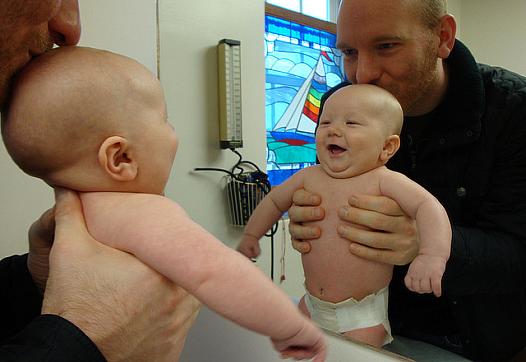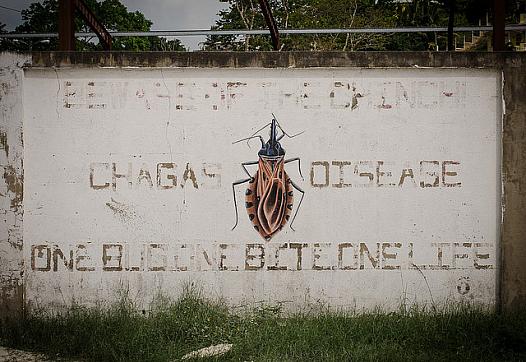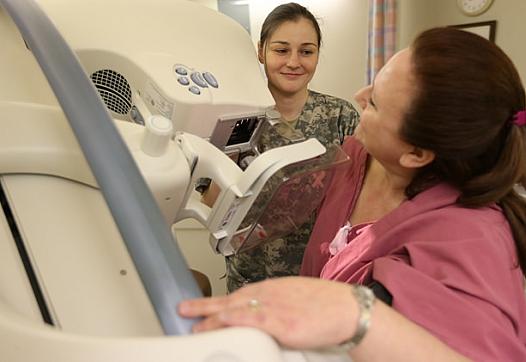![[Photo by Robert Cohen/St. Louis Post-Dispatch]](https://centerforhealthjournalism.org/sites/default/files/styles/teaser_list_thumbnail_large/public/title_images/St.LouisPostDispatch.jpg?itok=r85Q0J8F)
Every day as I drive to my office at the St. Louis Post-Dispatch, I pass homes with yard signs stating “Black Lives Matter and “I heart Ferguson,” but also, “We must stop killing each other,” a nod to the constant human stress, trauma and, ultimately, shortened life expectancy in these communities.








